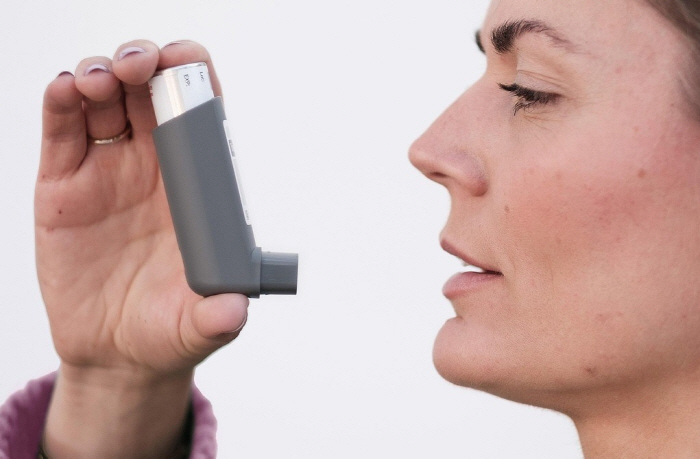Asthma treatment, initial year determines the future...Effective prevention of lung function deterioration when clinical remission is achieved
Apr 23, 2025
|
Asthma is not just shortness of breath, but a typical chronic respiratory disease that significantly reduces the quality of life. In Korea, the prevalence of asthma is gradually increasing, and even after treatment, some patients continue to suffer from poor lung function or frequent deterioration of symptoms, causing great discomfort in their daily lives.
Recently, a new treatment goal of 'clinical remission (CR)' has attracted attention beyond simple symptom control. This means a condition in which there are no symptoms, stable lung function, and no additional steroid treatment is required.
However, how achieving this 'clinical remission' state affects the long-term prognosis of real patients has not been clarified.
In response, Professor Lee Hyun-woo's research team conducted an average long-term follow-up study of 492 adult asthma patients treated from 2010 to 2023. According to the results of the study, patients who achieved 'clinical remission' within the first year of inhaled steroid (ICS) treatment had a slower rate of decline in lung function and a significantly lower risk of worsening severe symptoms compared to those who did not.
According to the study, the group that achieved clinical remission showed △less lung function reduction (FEV1) by 31.6 mL/year, △ a 40% reduction in the risk of symptomatic exacerbation above moderate (aHR=0.59) and △ a 50% reduction in the risk of severe exacerbation (aHR=0.51). In particular, this effect was more pronounced in patients with Type 2 solid asthma with high inflammatory levels or severe asthma patients with persistent airflow limitations.
This study is expected to be an important turning point in the treatment of asthma in the future, awakening the importance of the initial year and the need for customized treatment strategies. This is because achieving clinical remission through early diagnosis, active treatment intervention, and customized treatment strategies can effectively prevent lung function reduction and symptom worsening.
Professor Lee Hyun-woo emphasized, "This study has confirmed that the initial year in asthma treatment can determine the patient's future. It is time to go beyond simply 'It is okay without symptoms' and to make the goal of treatment to achieve a medically meaningful remission condition."
The study was recently published in the International Journal of Respiratory Diseases 'Torax'.
|
This article was translated by Naver AI translator.















